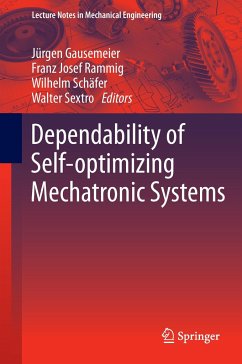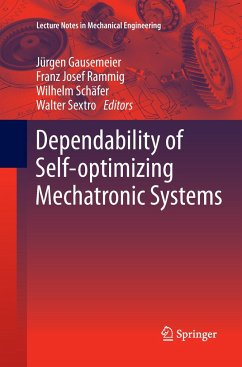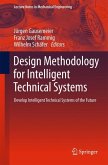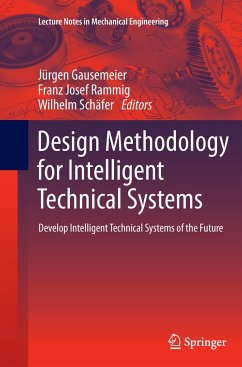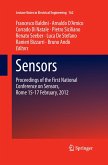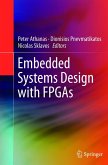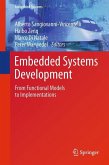Intelligent technical systems, which combine mechanical, electrical and software engineering with methods from control engineering and advanced mathematics, go far beyond the state of the art in mechatronics and open up fascinating perspectives. Among these systems are so-called self-optimizing systems, which are able to adapt their behavior autonomously and flexibly to changing operating conditions. The Collaborative Research Center 614 "Self-optimizing concepts and structures in mechanical engineering" pursued the long-term aim to enable others to develop dependable self-optimizing systems. Assuring their dependability poses new challenges. However, self-optimization also offers the possibility to adapt the system's behavior to improve dependability during operation.
The aim of this book is to provide methods and techniques to master the challenges and to exploit the possibilities given by self-optimization. The reader will be able to develop self-optimizingsystems that fulfill and surpass today's dependability requirements easily.
This book is directed to researchers and practitioners alike. It gives a brief introduction to the holistic development approach for self-optimizing mechatronic systems and the steps required to assure a dependable product design starting with the very early conceptual design phase. A guideline to select suitable methods for each step and the methods themselves are included. Each method is individually introduced, many examples and full references are given.
The aim of this book is to provide methods and techniques to master the challenges and to exploit the possibilities given by self-optimization. The reader will be able to develop self-optimizingsystems that fulfill and surpass today's dependability requirements easily.
This book is directed to researchers and practitioners alike. It gives a brief introduction to the holistic development approach for self-optimizing mechatronic systems and the steps required to assure a dependable product design starting with the very early conceptual design phase. A guideline to select suitable methods for each step and the methods themselves are included. Each method is individually introduced, many examples and full references are given.

